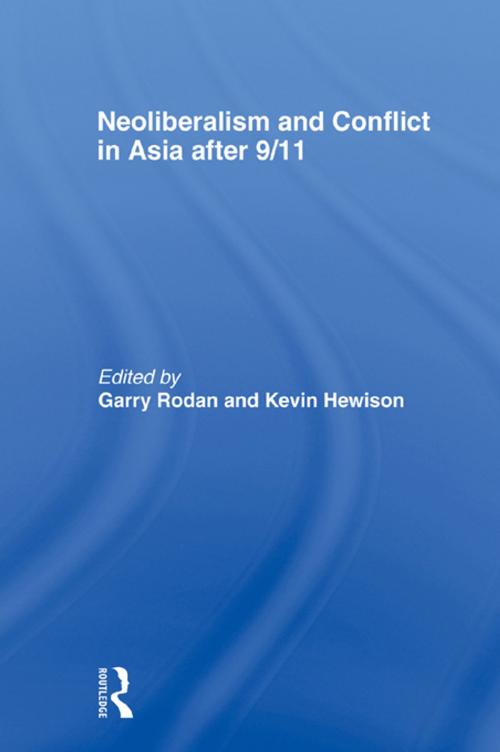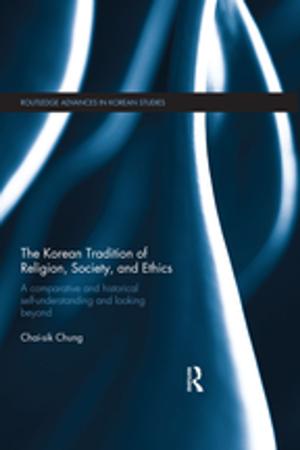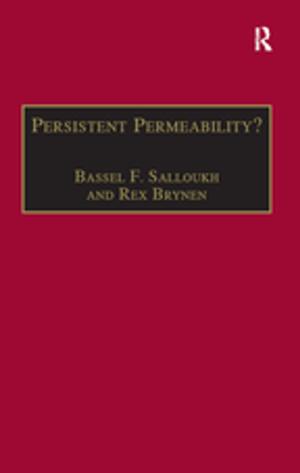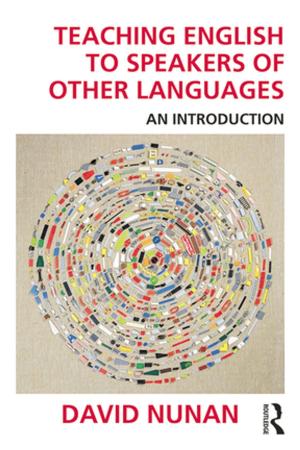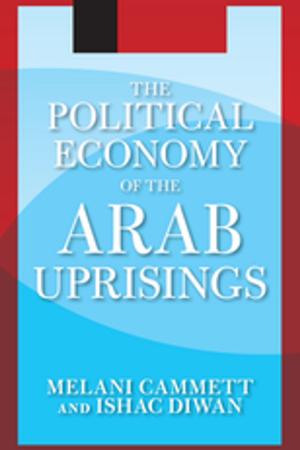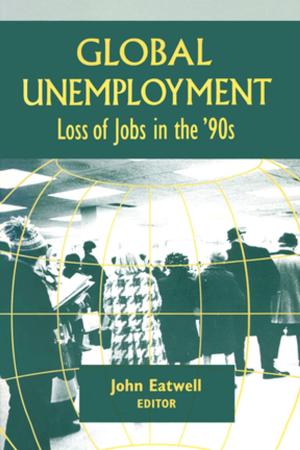Neoliberalism and Conflict In Asia After 9/11
Nonfiction, Social & Cultural Studies, Social Science, Cultural Studies, Ethnic Studies, Political Science, Politics, History & Theory| Author: | ISBN: | 9781317998242 | |
| Publisher: | Taylor and Francis | Publication: | September 13, 2013 |
| Imprint: | Routledge | Language: | English |
| Author: | |
| ISBN: | 9781317998242 |
| Publisher: | Taylor and Francis |
| Publication: | September 13, 2013 |
| Imprint: | Routledge |
| Language: | English |
Key events in Asia’s recent history have included the end of the Cold War, the Asian Economic Crisis and the ‘war on terror’. This is a critical assessment of these events, and of the interplay of security and economics in shaping political regimes and modifying market systems.
Based on the notion that market systems are inherently political and conflict-ridden, this collection clarifies and explains the conflicts shaping the path of neoliberal globalization. Collectively it represents a disciplined and systematic address of four overarching questions:
* What are the significant conflicts emanating from neoliberal globalization, and what are their implications?
* What are the implications of new security concerns for these conflicts, and what are their impacts?
* How are conflicts associated with globalization and security affecting social and economic policy directions?
* Can these directions be reconciled with the reproduction of existing political regimes, or do they threaten their basis?
In addressing these questions, the essays depict neoliberal globalization – in the new security context – as being able to accommodate a range of political regimes. This fascinating collection is a must-read for those with a professional interest in the region post-9/11.
This book was previously published as a special issue of the Journal Critical Asian Studies.
Key events in Asia’s recent history have included the end of the Cold War, the Asian Economic Crisis and the ‘war on terror’. This is a critical assessment of these events, and of the interplay of security and economics in shaping political regimes and modifying market systems.
Based on the notion that market systems are inherently political and conflict-ridden, this collection clarifies and explains the conflicts shaping the path of neoliberal globalization. Collectively it represents a disciplined and systematic address of four overarching questions:
* What are the significant conflicts emanating from neoliberal globalization, and what are their implications?
* What are the implications of new security concerns for these conflicts, and what are their impacts?
* How are conflicts associated with globalization and security affecting social and economic policy directions?
* Can these directions be reconciled with the reproduction of existing political regimes, or do they threaten their basis?
In addressing these questions, the essays depict neoliberal globalization – in the new security context – as being able to accommodate a range of political regimes. This fascinating collection is a must-read for those with a professional interest in the region post-9/11.
This book was previously published as a special issue of the Journal Critical Asian Studies.
